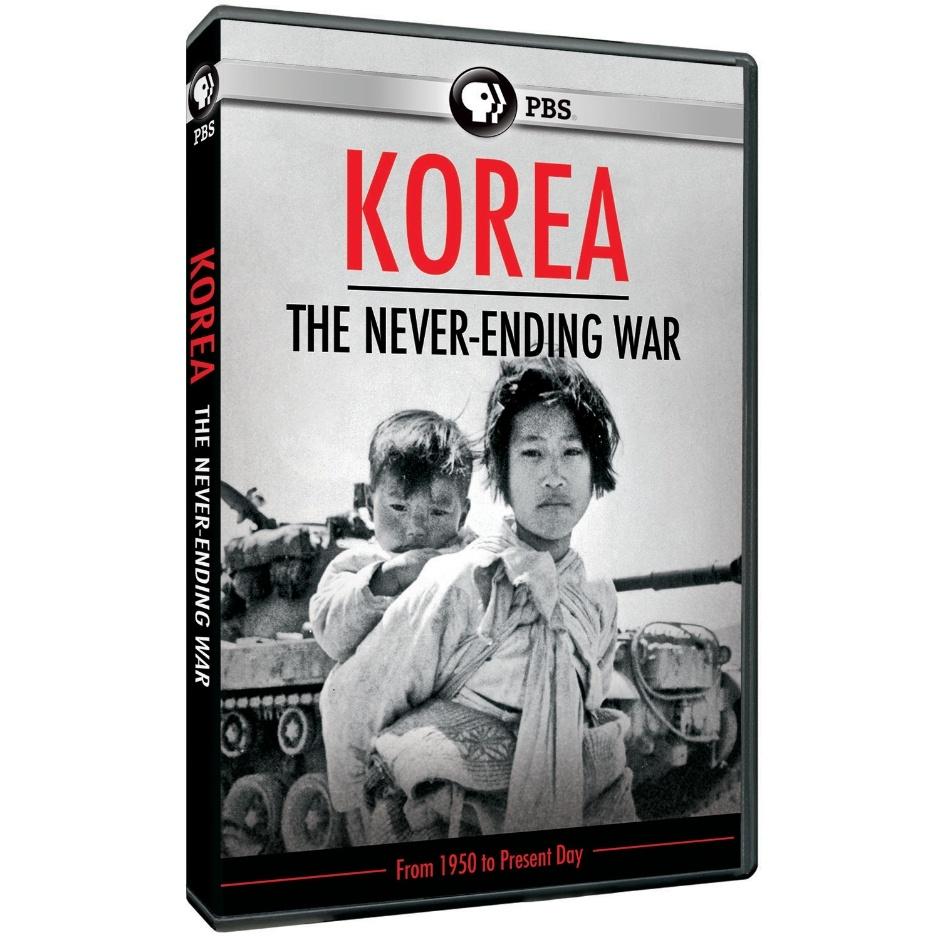
Shedding new light on a geopolitical hot spot, the film — written and produced by John Maggio and narrated by Korean-American actor John Cho — provides a new look at the history of the Korean War, an event that still reverberates to this day. Confronting the “Forgotten War” perception of an important turning point in world history, the film portrays a conflict people worldwide have long underestimated, misunderstood and misrepresented. The documentary encompasses the present and past of the conflict, from today’s leaders and events — including U.S. President Donald Trump and North Korean leader Kim Jong Un — to historic personalities and moments of the past, such as Soviet leader Joseph Stalin, U.S. President Harry S. Truman, Chairman Mao Zedong, Korean leader Kim Il Sung, and Syngman Rhee, the first and the last Head of State of the Provisional Government of the Republic of Korea.
The Korean War was a gigantic global event: no less than 24 nations took part in the three-year struggle that lasted June 25, 1950 to July 27, 1953. It displayed the outsized egos of enormous historical personalities and marked the lives and deaths of millions of anonymous people — four million died. The film provides multiple views — on the ground and in the trenches, from ordinary citizens and soldiers caught in the crossfire, to political and military leaders who pulled the strings and controlled the fate of the war from afar, featuring key battles and turning points before the war, during the war, and the war’s aftermath, leading to the present day.
The Korean War forced the U.S. into becoming the world’s policeman, with a large standing army, huge defense budget, military bases around the world, and routine interventions in far-off conflicts. The film documents how the conflict on the Korean peninsula continued post 1953, with a brazen attack by the North on South Korea’s Presidential Blue House in 1968; the North’s seizure of the U.S.S. Pueblo, holding the crew hostage for 11 months; the downing of KAL Flight 858 in 1987, right before the first Olympics held in South Korea; and the events that triggered North Korea’s nuclear program, while, at the same time, South Korea’s economic expansion. The consequences of the war’s stalemate have led to today, where Kim Jong Un is developing nuclear weapons and ballistic missiles, American war ships have been deployed near the Korean peninsula, a controversial anti-missile system was installed in South Korea — and the tense relations continue for all parties, despite recent diplomatic efforts.
Telling the story of how the world we live in today was shaped by this conflict, the film utilizes extensive archival materials and interviews from those with personal experience, including American and South Korean veterans who fought in the war, along with civilians caught in the conflict. Among the historians, scholars, journalists and authors, interviewees include Victor Cha, Senior Advisor and Korea Chair, Center for Strategic and International Studies (CSIS); and Sue Mi Terry, Senior Fellow, Korea Chair, Center for Strategic & International Studies (CSIS).


